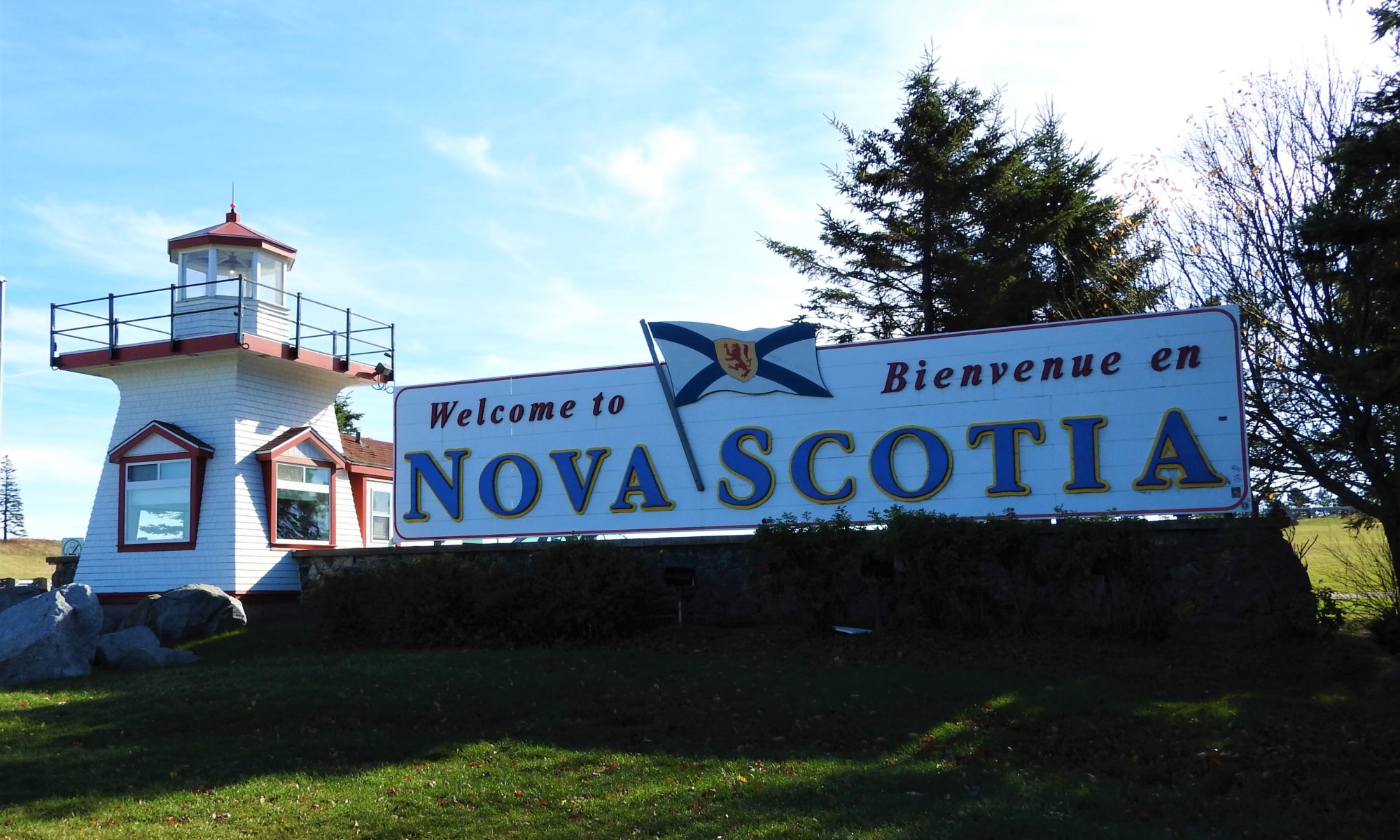
Opinion: The corrosive power of “Where are you from?”
HALIFAX
“Do you feel like a Nova Scotian?” I asked the woman.
We had stumbled into the topic by mistake. It is not something we talk about here: not those of us who chose Nova Scotia nor those who are tethered to the province by ancestral DNA. We were cautious, hesitant, both aware of the danger surrounding the taboo.
She is a person of significant influence with a broad social and professional network who has lived here more than 20 years. No, she said, she does not feel like a Nova Scotian and knows she never will.
Neither do I.
I moved to Nova Scotia 21 years ago and expect to live here until I die, but I have come to terms with the fact that I will always be treated like a guest.
There is a stereotype about the “come from away” phenomenon in Atlantic Canada, but little deep, respectful discussion of how the tendency to divide people by origin affects the region and its future. If we hope to use immigration to bolster the flagging population, we must figure out how to have that conversation right now.
Where you are from means something very different here than in the other places I have lived. In San Francisco, Rio de Janeiro, Washington, D.C. or Toronto, when asked where I was from, the question really meant, “Where do you live? Where do you choose to make your home? Where can you best relax and let down your guard?”
Here, it means something else entirely. I have never seen a place so connected to its roots. That is a joyful thing. It is one reason this province has such a strong sense of identity, a distinct culture and a tradition of caring for its own. But traditions can be exclusionary.
When I first moved to Nova Scotia, I travelled the Atlantic region extensively for work. In other regions, an opening social line might be, “What do you do?” But here it was always, “Where are you from?”
I would answer, “Halifax,” because that’s where I live or, if asked in Halifax, would say, “Here.”
And people treated me as if I were lying.
It took me a while to realize they were asking me to name a spot of earth that defines my identity. Where are my ancestors buried? Where do people remember my malevolent uncle, my grandmother’s affection for mathematics, my mother’s brilliant, eclectic career?
There is no place like that for me. There is no place like that for hundreds of millions of people around the world. And that is incomprehensible to many of my neighbours and, now, closest friends.
It was a union activist who helped me figure out how to answer that essential East Coast question. We were sitting on a wharf in Saint Anthony, Newfoundland, when he asked where I was from. I explained that I had no idea how to answer in a way that honoured the real intent of his question. After a long talk, he suggested I name the place that I was born.
Now, when people ask, I say “Washington, D.C.” My parents were newly arrived in Washington when I was born. I left when I was eight years old and I do not have a single relative or friend in that city. It feels a little bit like a lie every time I say it, but it is the closest answer to their truth that I can offer.
A recent article in the academic journal Ethnicities describes how that specific question can be part of a system of welcoming that leaves racialized newcomers as perpetual outsiders. Speaking welcome: A discursive analysis of an immigrant mentorship event in Atlantic Canada, by Kristi A. Allain, Rory Crath and Gül Çaliskan, examined an event in Fredericton designed to welcome newly arrived economic immigrants. They considered the language and structure of the event through the lens of Jacques Derrida’s theory of conditional hospitality. They found that the event designed to welcome newcomers actually reinforced their status as foreign and other. And it all started with, “Where are you from?”
This is not just a matter of manners and personal feelings. Atlantic Canada will need tens of thousands of new immigrants to maintain its population, tax base and public services over the next few decades. There is much public debate about how to structure immigration pathways, how to improve economic outcomes and how immigrants can best be supported for long term success. But there is little discussion of local culture and how that can work for – and against – the retention of newcomers.
The woman and I were hesitant because we both know that this topic relies exclusively on personal experience as evidence, and that can very easily be misunderstood as a blanket criticism of the region. It takes trust even to talk about the phenomenon.
I sent her a draft of this column and asked if she was comfortable being named. She thought about it for a day and then declined. She said was afraid of discouraging other newcomers and also afraid of hurting the feelings of her Nova Scotian colleagues.
I know what she means. My Nova Scotian friends have been hurt or angry when I tried to describe my experience, so now I just don’t. After all, the Atlantic region is known for its tremendous hospitality. There is even a hit Broadway musical about how Newfoundland welcomed strangers stranded on 9-11. But being treated well as a guest is not the same as being included, for guests are expected to leave.
I asked the woman if she feels Canadian. The answer was instant and affirmative: of course, absolutely.
Me too. I am Canadian through-and-through. My inclusion in the body Canada does not feel conditional in any way, unlike my status in Nova Scotia.
I still wince every time I hear someone ask, “Where are you from?” It reminds me that I will always be a stranger in my own home province. I’ve come to accept my outsider status as the price of living in this magnificent place, but it is sad. If we want to draw people here, not everyone will make the same choice that I have.
So, here’s a suggestion: No matter how much it might feel right, no matter whether your intention is to welcome, or simple curiosity, don’t ask a stranger, “Where are you from?” Wait until you get to know them to probe that specific identity marker. Wait until you have forged a bond. Wait until that question will not be seen as a signal that your new friend will never really belong.






